Contents
Pagebreaks of the print version
Guide
SELECTED WORKS
by James Baldwin
 ESSAYS AND POETRY
ESSAYS AND POETRY 
Notes of a Native Son (1955)
Nobody Knows My Name: More Notes of a Native Son (1961)
The Fire Next Time (1963)
No Name in the Street (1972)
Jimmys Blues (1983)
The Evidence of Things Not Seen (1985)
The Price of the Ticket (1985)
Jimmy Blues and Other Poems (2014)
 NOVELS AND STORIES
NOVELS AND STORIES 
Go Tell It on the Mountain (1953)
Giovannis Room (1956)
Another Country (1962)
Going to Meet the Man (1965)
Tell Me How Long the Trains Been Gone (1968)
If Beale Street Could Talk (1974)
Just Above My Head (1979)


FOREWORD
I N 1964, James Baldwin and Richard Avedon collaborated on Nothing Personal. The images were by Avedon; words by Baldwin. Theyd known each other for decades by then, having worked together on The Magpie literary magazine at DeWitt Clinton High School in the Bronx, as teens. In the intervening years, each had achieved success as artists and cultural documentarians. They shared a gift for depth and the ability to capture the zeitgeist. The interplay of words and images in the original version of the book offer an intriguing historical account of mid-twentieth-century American culture.
Here Baldwins essay stands alone. Something dramatic results. The work transforms from artifact to a breathtaking and prophetic witness. In reading it, I was dumbstruck. How, I wondered, could Baldwin have known what the information age, social media, and the marketization of everythinga shorthand for our current state of late capitalist livingwould do to us? How did he know how it would shape us?
Baldwins alchemy was a result of his habit of careful observation and deep study. He watched television. It is a mirror. Then, and now: we have acquired an endless habit of the most superficial forms of self-correction, makeup to make up for our perceived inadequacy as it were, nipping, tucking, coloring, all as a displacement for the possibilities of deeper self-reflection and self-creation. Our consumptiveness, Baldwin argues, is so pervasive that sex has become commodity rather than intimacy. If we didnt know these words were published in 1964, we might assume that they describe the social media, one-click buying and marketing, the pornographic algorithms of desire, our cyborg selves (part screen, part machine, and a little bit of human) and the simulacra which inundate us in the 2020s. Simply put, he saw the twenty-first century in the middle of the twentieth.
With that kind of prophetic fire, of course, we have to take his indictments of our society seriously. Recognizing that Americans live as terrified adolescents, he argues:
This terror has something to do with that irreducible gap between the self one inventsthe self one takes oneself as being, which is, however and by definition, a provisional selfand the undiscoverable self which always has the power to blow the provisional self to bits. It is perfectly possibleindeed, it is far from uncommonto go to bed one night, or wake up one morning, or simply walk through a door one has known all ones life, and discover, between inhaling and exhaling, that the self one has sewn together with such effort is all dirty rags, is unusable, is gone: and out of what raw material will one build a self again?
This fear, he claims, reaches all the way to the top. And in that assessment, Baldwin even anticipates the age of Trump. The male politician who, as he describes it, is absolutely indistinguishable from the American boy. He doesnt even seem much closer to the gravewhich fact, in the case of most of our most influential politicians, fills a great many people, all over the world, with despair. And that perhaps is the heart of the lesson. Captured in an unrepentant childlike state we are too eager to think we can just turn a page or turn a blind eye. We want to escape the ugliest of moments and are therefore bound to repeat them.
So to repeat his question: How will we build a self, again?
Certainly these pages offer a guide. By holding fast to American mythologies, we endanger justice, and we engender injustice. Baldwin describes the inert Plymouth Rock as a gravestone for Indians, Africans, and the potential of white Americans humanity. That rock, a literal historic artifact and a national narrative, is a death knell for the truth. The truth, as Baldwin sees it, is that the country was settled by a desperate, divided, and rapacious horde of people who were determined to forget their pasts and determined to make money.
As long as Americans, and in particular white Americans, hold fast to the myth and remain stuck in the idolatries of the past, they deprive themselves of a usable past, one from which to learn. For Baldwin, this is something more than what Marx described as false consciousness. It is both shaped circumstance and deliberate choice, and it is as personal as it is political. We do not have to be this way.
As we read his words today, I hope, we can honor the indictment and consider our choices. What, for example, is the usable but neglected past at our disposal? It isnt only found in the mythic origins but even in how we describe many of our most heroic historic events. For example, we find ourselves subject to a conventional narrative of civil rights that leads us to a tidy conclusion. See! It says, We made mistakes, but we have taken strides steadily to an ever more perfect union. Baldwin decried that mythology even as it was being created. The last two decades of his life, he wrangled with those fictions and fantasies as Eddie Glaude so brilliantly and unflinchingly captures in his book Begin Again. Indeed, racial inequality persists and has been extended in the intervening decades. Even more ironic perhaps, many public and powerful figures cite Baldwin as a hero today, while evading the fact that those who take up the courage of conviction in precisely the way Baldwin once did are often avoided assiduously or punished for speaking truth to power. I hope that Baldwins words here remind you that, notwithstanding the way the world has changed when it comes to race since 1964, despite all the elected officials, all the celebrities, all the celebrated firsts, we have not been able to escape its ugly grasp.
In this piece you will read Baldwins description of an experience he had with a Swiss friend. Theyre arrested and separated. Hes accustomed to such abuses as a Black American man. Harassment, targeting, unlawful arrest. But he worries about his friend. His friend, he learns later, is warned while in custody against befriending niggers if he is to make his way in the United States. And in his own experience, Baldwin recognizes a familiar disappointment in the cop who wishes Baldwin had committed any infraction. It would have been not only a justification for the arrest but a legitimation of the racist practices of policing.

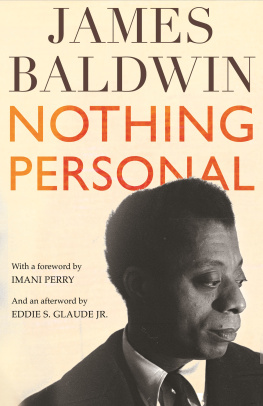


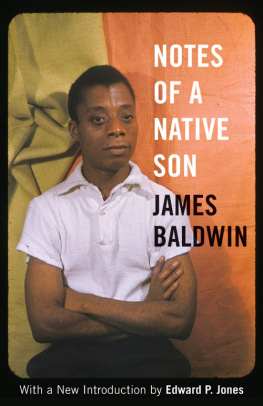



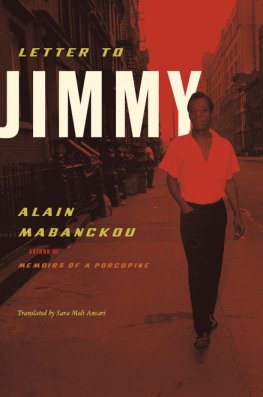
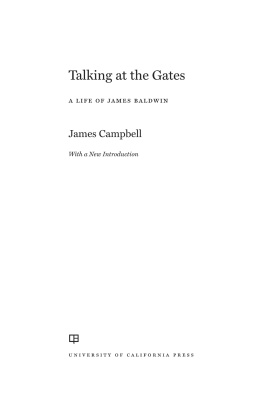

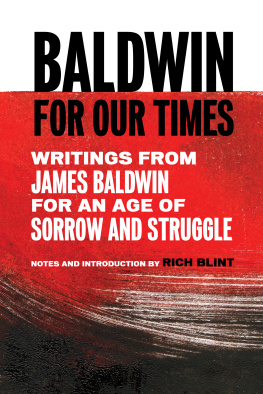

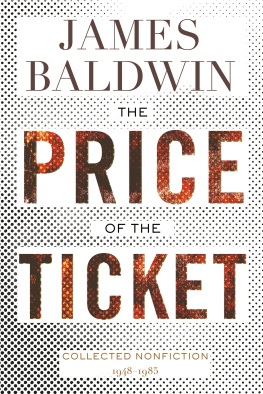
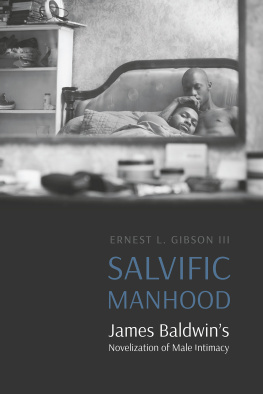
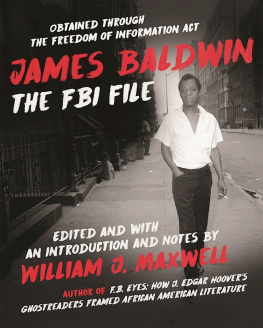
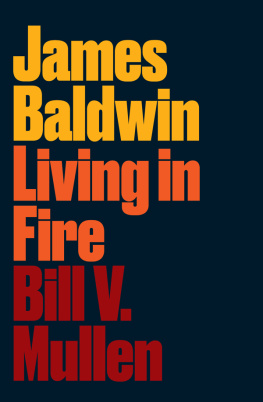

 ESSAYS AND POETRY
ESSAYS AND POETRY 
